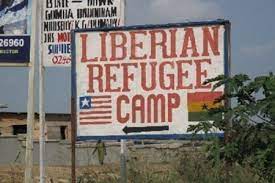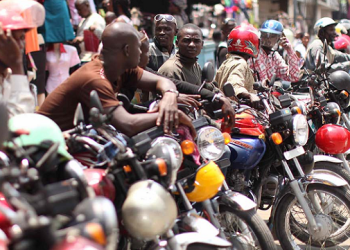According to the Ghana Refugees Board, sufficient arrangements for the well-being of about 400 registered Liberian refugees in the Buduburam Camp were established prior to the government’s decision to remove them.
The government has approved the demolition of parts of the camp.
As a result, residents have been advised to immediately leave the area.
A resident informed in an interview that they felt deceived after being offered the opportunity to integrate into Ghanaian society.
He said they expected certain incentives because of the integration, instead of the “total embarrassment they are giving to us.”
In an interview, the Executive Secretary of the Ghana Refugees Board, Tetteh Padi, said, “We have only a little over 400 recognized refugees who are Liberians in the Budumburum camp. We are responsible for these ones, and so we are making arrangements to relocate them to some of our refugee camps. We will assist them as long as they opt to be relocated.”
“For the rest of them, at the end of 2012, the secession clause was invoked which meant that the Liberians ceased to be refugees. Some of them opted to voluntarily go back, others decided to stay, which meant that they were well and able to cater for themselves.”
“They were also given work permits, and some cash grants, $400 per adult, and Liberian passports for free. The resident permit of 50% each was paid by the Ghana government and the UNHCR. It is renewed for them for free. They were also given a year subscription of the National Health Insurance.”
“They were asked to go and rent decent accommodation with the $400 that was given to them as the owners of the land will come for them. They however remained there because no one drove them out all this while.”
Liberian refugees and other camp inhabitants claim they lack the financial means to relocate.
After the United Nations High Commissioner for Refugees (UNHCR) established the Buduburam Camp in 1990, it became the home of Liberian refugees.
It originally housed about 12,000 refugees.
Additionally, it accommodates Sierra Leonean refugees who left their country’s civil war between 1991 and 2002.
Read Also: Presidential committee presents $20M proposal for National Vaccine Institute


























